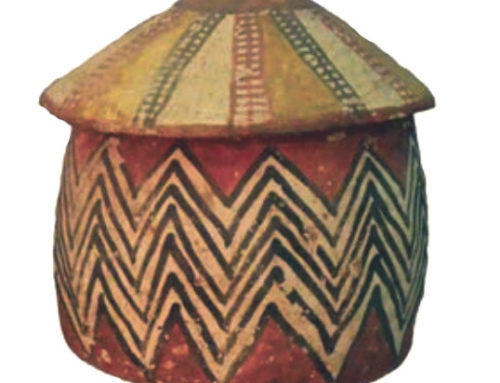I can’t do better today than to repost this great blog post from Michael Press at Hyperallergic:
The Perennial Problem with the Excavation of Ancient Sites
Indeed, there is a staggering amount of already-excavated material languishing in warehouses all over the world, and even more from archives. We should be publishing that as fast as possible, or at least photographing it and digitizing it online for the future. But instead, we’re kept busy excavating new sites.

The ruins of the city of Megiddo, where Josiah tried to fight off the
I don’t think the blame is entirely on status-seeking archaeologists, or their departments or universities or grant providers, though. Yes, it’s true that most people get into archaeology because they go on an excavation and love it, so typically they are people who like to spend their summers doing hard physical work in the sunshine in obscure villages with a fun team. That means they’re typically *not* people who want to spend a lot of time alone in libraries checking tiny details for publication. But there’s no reason those have to be the same people. Archaeology could just accept that field directors and publication directors need different skills, and teams should have both.

Papyrus with part of Sophocles’ play Antigone written on it
I think a lot of the reason archaeologists keep excavating, though, is that these sites will be permanently destroyed if we don’t excavate them. So we’re damned if we do, and damned if we don’t. If we don’t excavate, that’s just going to be the basement of the new office building, and nobody will ever know what was there. If we do excavate, whatever we find will very likely go into some warehouse somewhere, like at the end of Raiders of the Lost Ark, and it will decay and be lost there, too.

Konarak Temple, India (1200s AD)
One last point: when archaeologists steal and sell artifacts from these warehouses and storerooms, that’s not something that “reflects poorly” on them. “Reflects poorly” is what we say when someone fails to publish something, or when they say mean things about someone else. This is way beyond that, and minimizing it here looks like white, male privilege. Would we call it that if a white woman had stolen the papyri? And even more so for any black person, man or woman?
Second last point: Obbink was probably tempted into these sales partly because he felt he needed money; paying professors commensurately with the years of experience required to do their jobs would help to avoid these thefts.

The ruins of Punic Carthage
Anyway, yeah, I do have a big database of Roman pottery I have looked at, sorted, drawn, photographed, and would like to publish myself. But I don’t want to publish the pottery alone; I want to do it in cooperation with the director’s publication of the stratigraphy that goes with it. She hasn’t done her part of the work, so I haven’t published mine. That’s another example of the complications that keep archaeological work from being published. Meanwhile, we’re both getting older, and have less and less to gain from doing what promises to be a lot of boring, difficult work. (A little funding would go a long way though!)




